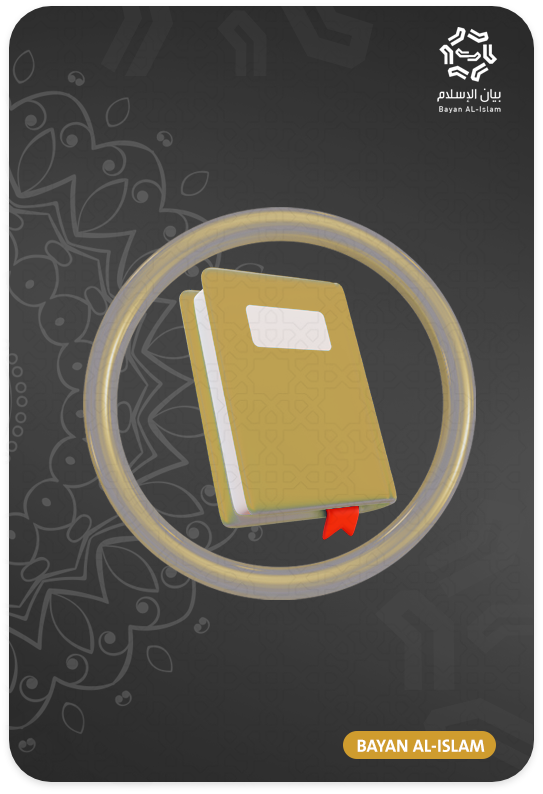-
English - إنجليزي العربية - عربي español - إسباني português - برتغالي Français - فرنسي Русский - روسي اردو - أردو 中文 - صيني हिन्दी - هندي Deutsch - ألماني Wikang Tagalog - فلبيني تجالوج Hausa - هوسا Bahasa Indonesia - إندونيسي 日本語 - ياباني italiano - إيطالي বাংলা - بنغالي azərbaycanca - أذري Ўзбек - أوزبكي Shqip - ألباني فلبيني مرناو - فلبيني مرناو براهوئي - براهوئي български - بلغاري ဗမာ - بورمي bosanski - بوسني polski - بولندي தமிழ் - تاميلي ไทย - تايلندي татар теле - تتاري română - روماني isiZulu - زولو سنڌي - سندي සිංහල - سنهالي Kiswahili - سواحيلي svenska - سويدي нохчийн мотт - شيشاني Soomaali - صومالي тоҷикӣ - طاجيكي غجري - غجري Pulaar - فولاني Tiếng Việt - فيتنامي قمري - قمري कश्मीरी - كشميري 한국어 - كوري македонски - مقدوني bahasa Melayu - ملايو മലയാളം - مليالم magyar - هنجاري مجري Èdè Yorùbá - يوربا ελληνικά - يوناني қазақ тілі - كازاخي فارسی - فارسي Türkçe - تركي עברית - عبري dansk - دنماركي پښتو - بشتو Tamazight - أمازيغي አማርኛ - أمهري أنكو - أنكو ئۇيغۇرچە - أيغوري Luganda - لوغندي తెలుగు - تلجو ትግርኛ - تجريني غموقي - غموقي Кыргызча - قرغيزي नेपाली - نيبالي Kurdî - كردي Nederlands - هولندي čeština - تشيكي українська - أوكراني eesti - إستوني suomi - فنلندي Адыгэбзэ - شركسي Norwegian - نرويجي latviešu - لاتفي slovenščina - سلوفيني монгол - منغولي íslenska - آيسلندي ქართული - جورجي tamashaq - طارقي ދިވެހި - ديفهي Հայերէն - أرميني slovenčina - سلوفاكي Afrikaans - أفريقاني Türkmençe - تركماني башҡорт теле - بلوشي afaan oromoo - أورومو ខ្មែរ - خميرية ಕನ್ನಡ - كنادي Bassa - الباسا Lingala - لينغالا lietuvių - ليتواني bamanankan - بامبارا Soninke - سوننكي Malagasy - ملاغاشي Mandinka - مندنكا Sängö - سانجو Wollof - ولوف Cham - تشامي Qhichwa simi - كيشوا Српски - صربي Afaraf - عفري hrvatski - كرواتي Kinyarwanda - كينيارواندا aymar aru - أيمري Jóola - جوالا Bi zimanê Kurdî - كردي كرمنجي Akan - أكاني ଓଡ଼ିଆ - أوديا Chichewa - شيشيوا авар мацӀ - أوارية Igbo - إيجبو isiXhosa - خوسي मराठी - ماراثي Fɔ̀ngbè - فون ગુજરાતી - غوجاراتية Mɛnde - مندي ГӀалгӀай - إنغوشي Mõõré - موري অসমীয়া - آسامي Maguindanao - فلبيني مقندناو Dagbani - دغباني Yao - ياؤو Ikirundi - كيروندي Bisaya - بيسايا Ruáingga - روهينجي فارسی دری - دري Sesotho - سوتي ਪੰਜਾਬੀ - بنجابي créole - كريولي ພາສາລາວ - لاو










